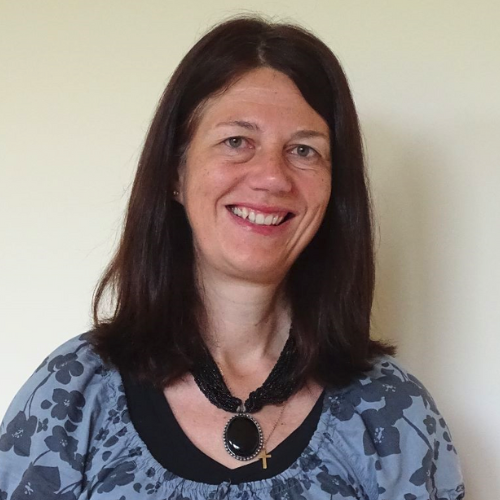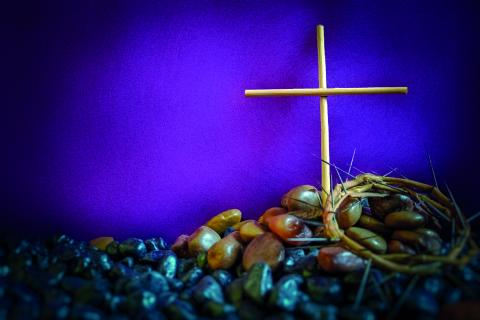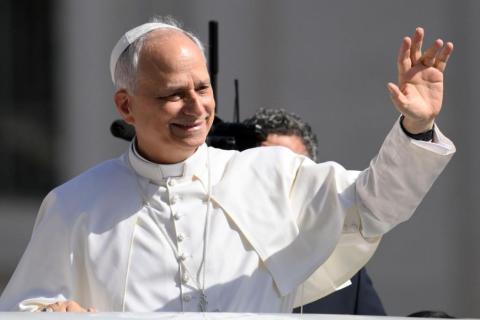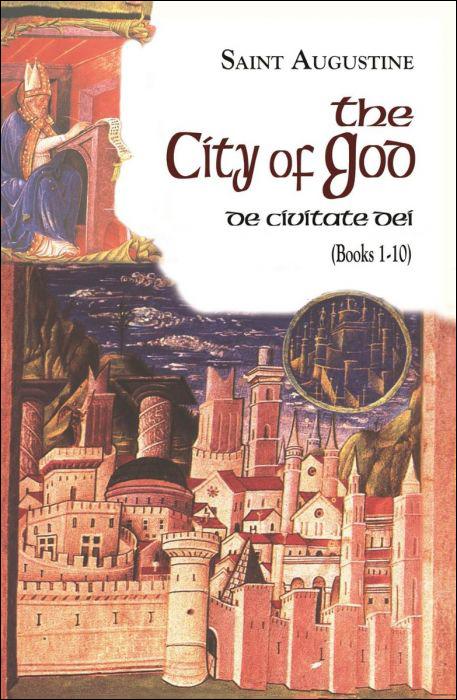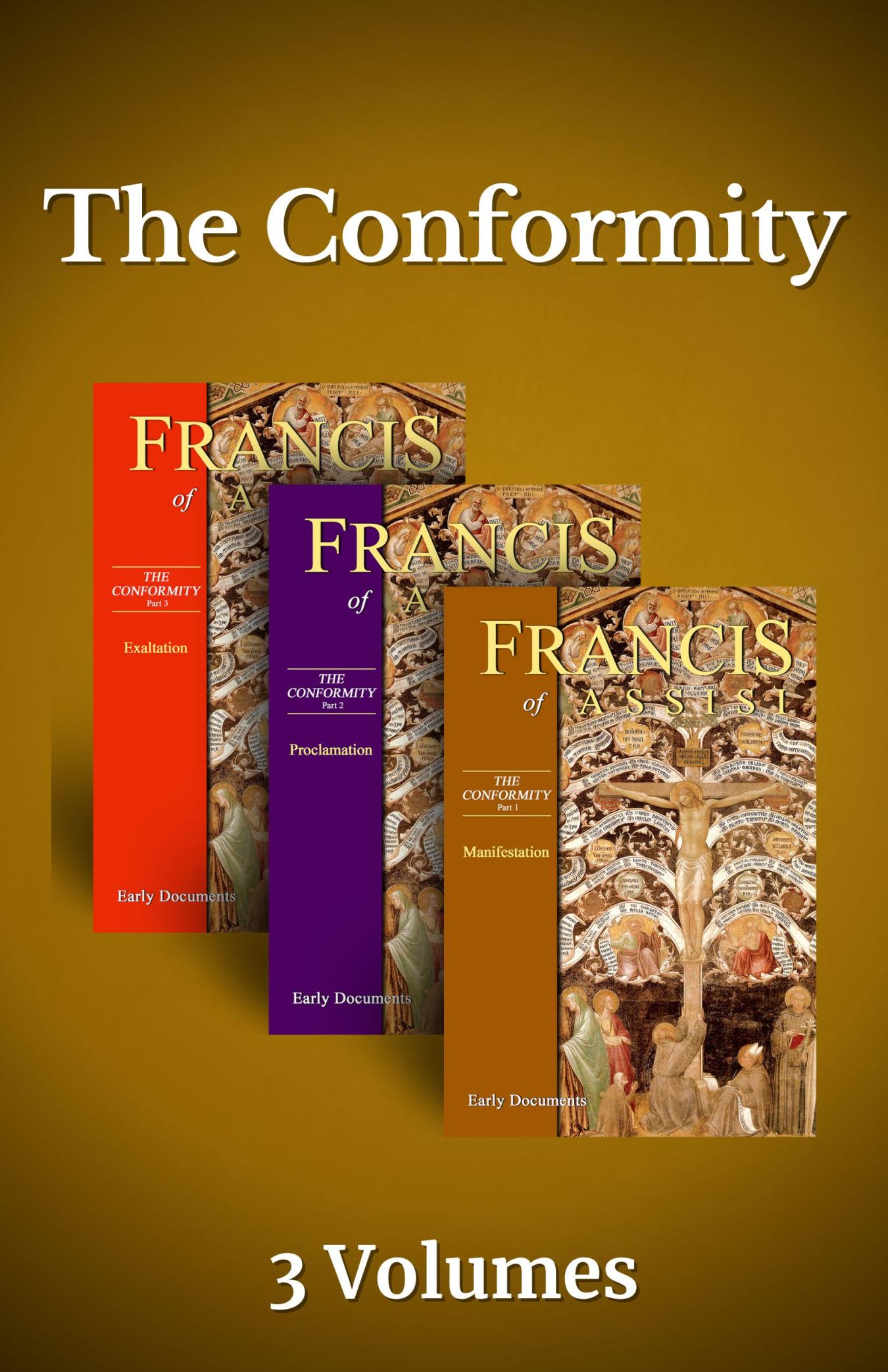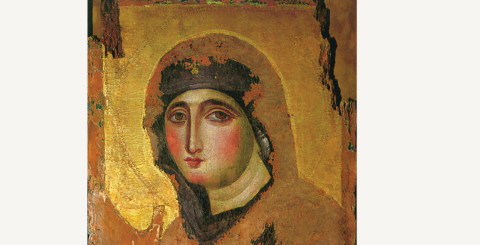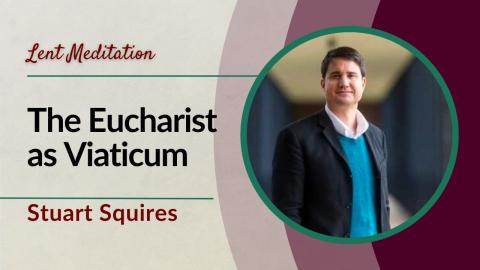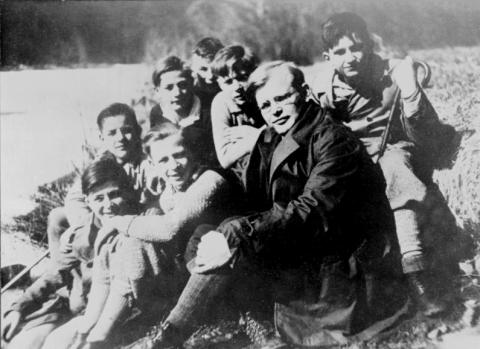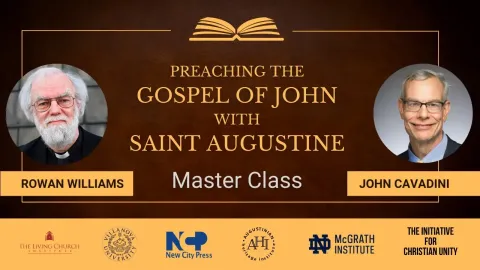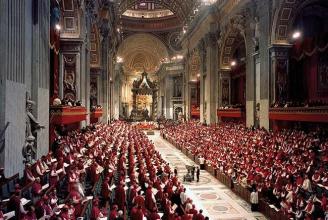
Photo by Regionaal Archief Nijmegen - wikimedia.org
How was life in the Church before Vatican II? For those like me who were born after the closing ceremony of that important council, it feels like a story from the olden days. And like all tales of the “good old times,” it runs the risk of nostalgia and distorted memories.
On the other hand, some things are worth remembering.
Msgr. Charles Quinn, who is approaching his 90th birthday, has been a priest for 63 years. He experienced Vatican II as a young priest and embraced its newness and openness. But he still has vivid memories of the time before things changed.
“I didn’t question anything that was going on. That was the way things were,” he says, “and I assumed, always would be. It wasn’t until the Vatican Council came that I began to see a lot of things that seemed to be so good but in reality were not.”
The times were full of unrest and bigotry. There were challenges in New Orleans when Catholic schools needed to be integrated, meeting a lot of resistance from some Catholics in Louisiana.
“I said to myself, who the heavens have I applied to?” Quinn says with his typical Irish humor. “Growing up, nobody taught us racism. But I never heard anything against it. And so I really didn’t realize how racist I was.”
The same could be said about the limitations of the pre-Vatican II Church—only after the changes did it become obvious how narrow the mindset was. For example, the canon of readings was greatly reduced—mostly from the Gospel of Matthew.
“Today, everybody knows the parable of the Good Samaritan. But in the pre-Vatican church, I’d never heard that! There were mostly the same readings, repeated every year. They never changed.
“It wasn’t until I was a teenager that a priest who did a mission in our parish read the parable. I remember even to this day how amazed I was—it was one of the most impressive Gospel passages that I ever heard!”
Rules and regulations
Quinn remembers it as very much a “rules and regulations” kind of a church. “We were taught in the seminary ‘to keep the rule, and the rule would keep you.’”
Yet he experienced how taking rules to the letter would hurt. “One of the rules was that if somebody died in the family, you were not allowed to go to the funeral unless it was a parent.
“Then, the mother of one of us [seminarians] died, but strictly speaking, it wasn’t his mother. His mother had died shortly after he was born, and his father’s sister was the one who raised him, she was the only mother he knew. But the director said no, because of this rule.”
In the end, the seminarian actually went to the funeral of his mother and found his way to the priesthood in another diocese.
What astonished Msgr. Quinn was that he found it a bit strict, but strict observance of the rules was just taken for granted. In his opinion, this led to the unhealthy system of clericalism.
“I was introduced to clericalism after saying my first mass at the parish. It was the custom that I would go to the parish hall where people were waiting, and I would give my first blessing and meet the people.
“I was running late, and I went into the rectory and someone offered me a cup of coffee. And I said, ‘I don’t think I have time for a cup of coffee. There are people waiting in the hall.’
They told me: ‘Sit down and drink your cup of coffee. You’re a priest now. You have to learn that people have to wait for you.’”
That was the way things were. “Only when the Second Vatican Council came along, I began to see that all those things that I took for granted growing up and as a young priest really were quite crazy.”
Beyond the smells and bells
One of the biggest changes of the Second Vatican Council happened in the liturgy—not only from Latin to English, but also of the understanding of the Mass. “When it first happened, some people were really astonished, and in some parishes they continued to have the Latin Mass. But eventually that stopped—not because of any ideological reason. People stopped coming to it. They began to prefer the Mass in English.”
Even if followers of the former archbishop Marcel Lefebvre went back to the old rite, and now there’s a push to declare the old rite the “true Mass,” Msgr. Quinn cannot understand why there’s a nostalgia to go back to the old times.
“I find it very curious that priests who were born after the Second Vatican Council want to go back to the period before the Vatican Council, because they think it was better. I lived through it, and I don’t want to go back.”
His memories depict common behaviors that surely were not intended. “When people were sitting in the pews, they were doing everything… someone was saying the rosary, another group a novena, or others going to confession – just interrupted by the moment when everyone would go up and receive communion. There was not a lot of connection between the people and the priest and among the people with one another.”
Today, some Catholics are taken aback by the modern Mass. They find the music too ordinary and miss the mystery and awe that some Eastern rites provide. Msgr. Quinn is skeptical that they would really like to “go back.”
“They have the idea of a Latin Mass they see on the internet, where they have these very solemn ceremonies with a really good choir and well-trained altar servers. That wasn’t the ordinary way. Usually, the priest would mumble through Mass with his back to the people and that was it. But even if you have a beautiful Latin Mass, ‘smells and bells’ isn’t what forms people to understand their faith more deeply.”
Opening the doors
But Vatican II went far beyond the liturgy. Generally, the Church started to value the contributions of lay people more. While before a pastor could just do whatever he wanted, it changed with the introduction of parish councils.
“There are more people involved in the parishes now, more people doing ministry, and I think this is a great blessing.”
For priests who have to serve several parishes and are often overworked though, life didn’t get easier. Msgr. Quinn sees two major issues that should be addressed: “The training in the seminary is still too much focused on being a lone ranger, you should survive by yourself. And so, there is no community where the priest feels he belongs to.”
He says that some dioceses try to establish community life, but they don’t equip seminarians or priests with the tools to do so.
The other issue, in his opinion, is the exalted position that priests have because of clericalism, which is one of the reasons that the clerical abuse scandal was possible.
For him, the different new spiritualities and movements in the Church need to be welcomed and given to the people. It’s all about a deeper understanding of faith and of the Church’s teachings.
“I think there is a need for continuing explanation or education about what the Second Vatican Council was about, what it did and did not permit.”
However, Msgr. Quinn would definitely say that it was an improvement for the life of the Church. “I think the emphasis on rules and regulations opened the door to a kind of double morality. If you got into Mass before the offertory, you fulfilled your obligation. You know, it was that time of playing games and searching for loopholes…
“Women needed to cover their head in Church and would do so with a paper tissue,” he says. “There was more observance but less faith, there were more people in Church, but often it was mechanical.”
He sums it all up with the wisdom of his personal experience. “I was very faithful to the rules. But that’s not the way you find God.”


